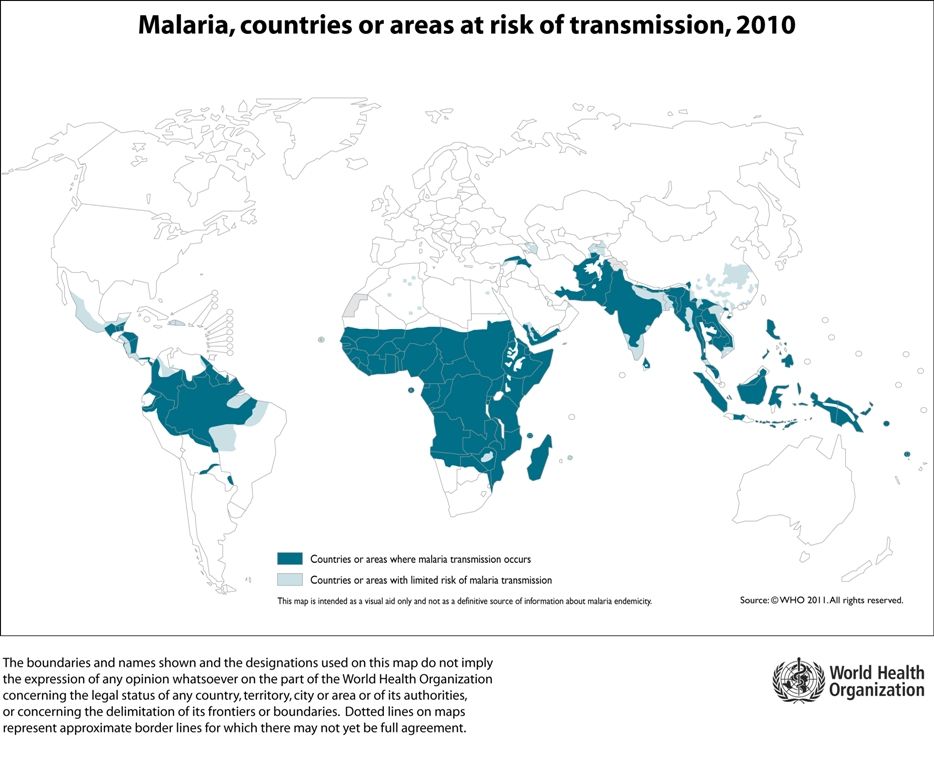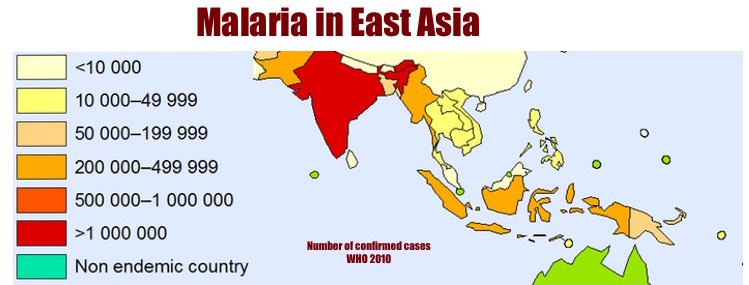MALARIA.
Advice For Travellers.

Advice For Travellers.


There are two main anti-malarial tablets:
Side effects of Malarone such as hepatitis are rare. Doxycyline may cause sensitivity to the sun in up to 5% of people – so ensure good sun protection. Take doxycycline with food to avoid Gastro-intestinal side effects.
Most people who get malaria have either not taken it at all, or not taken the medication for the correct length of time. Malaria is very common, so taking anti-malarials is a no-brainer for visits to endemic areas.
There are 6oo to 800 cases of Malaria reported each year in Australia.
Mefloquine is less frequently prescribed because of potential psychiatric side effects.
Immunity wanes within a year of exposure to malaria. People who have grown up in malarial areas and then moved to Australia will also be vulnerable to the disease.
Vaccines are very effective but only cover a limited range of potential infections. The Humble, often painless, Mozzie bite can transmit a large range of infectious diseases.
Around 700 million people each year are infected by mosquito-borne diseases. We’re pretty used to the role of the mozzie spreading diseases within Australia – for example, Ross River Fever, Barmah Forest Virus, Murray Valley Encephalitis & Kunjin virus.
Some of the overseas mosquito-borne infectious diseases include:
Add to that the list of infectious diseases carried by other biting insects (eg. Tsetse, Blackfly, Sandfly, Tick) and the list is truly daunting.
We all know to be careful with food and drink when travelling to developing countries. Fewer people take the same amount of care to avoid mosquito & other insect bites.

 Zika Virus
Zika Virus